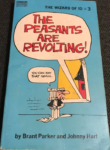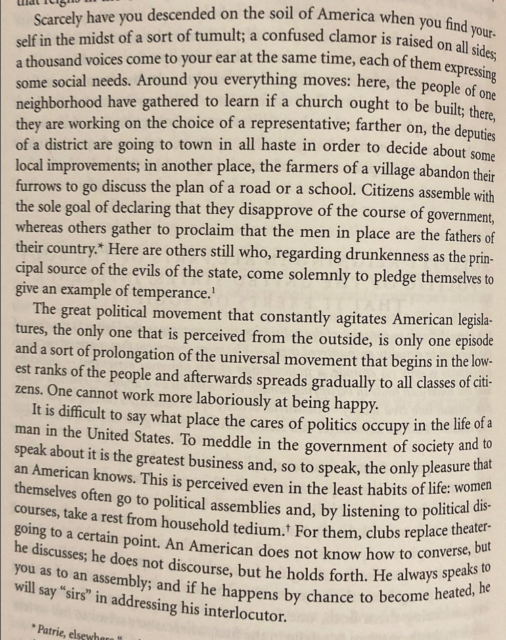Chris Bray says we’re back to aristocracy:
What do Americans think of vitriolic language directed at government?
Remember that Superior Court Judge William Fahey has just tentatively ruled, in a First Amendment lawsuit over the decision by the Los Angeles County Department of Public Health to forbid public comments on its social media posts, that the county has not engaged in viewpoint discrimination, because the public is yucky:
Comments were closed to the public because many were “extreme” and vitriolic; therefore, no First Amendment violation has occurred. Government cannot discriminate against your viewpoint if your viewpoint is extreme, or if it’s expressed too strongly; the First Amendment only protects inoffensive expression.
The lowest-hanging fruit for the counterargument is all in New York Times Company v. Sullivan, in which a quite liberal Supreme Court repeatedly and very clearly spelled out the American standard for the criticism of government. Justice Arthur Goldberg, in a concurring opinion: “In my view, the First and Fourteenth Amendments to the Constitution afford to the citizen and to the press an absolute, unconditional privilege to criticize official conduct despite the harm which may flow from excesses and abuses”.
This is how the Supreme Court showed up in 1964 to start thinking about a case involving the limits of speech about public officials; as Justice William Brennan, Jr. wrote in the majority opinion, “we consider this case against the background of a profound national commitment to the principle that debate on public issues should be uninhibited, robust, and wide-open, and that it may well include vehement, caustic, and sometimes unpleasantly sharp attacks on government and public officials.”
Compare that conclusion to the argument that government has not engaged in viewpoint discrimination, because it banned comments only in the context of being addressed with vitriol. We didn’t say we didn’t didn’t like their viewpoint; we just said that their opinions were too extreme.
But here’s the important thing about New York Times Company v. Sullivan: it’s a history lesson. The majority opinion quotes James Madison and John Stuart Mill, and examines debates over public speech in the early republic. Looking at the national past and its political sources, they saw only the idea that government officials may properly be addressed with whatever degree of firmness citizens choose to apply. American politics were never polite, and were never thought to be. The tumult of a democratic republic, Tocqueville wrote, “begins in the lowest ranks of the people”, storming the seats of government to shout their disapproval:
“… if he happens by chance to become heated”. That wasn’t pathology or exception; a French observer touring America thought that heated denunciations of government were signs of … a weekday. A scholar of early American politics has written colorfully about the way national officials limited the aggressiveness of attacks on their character: they shot each other, or threatened to.






